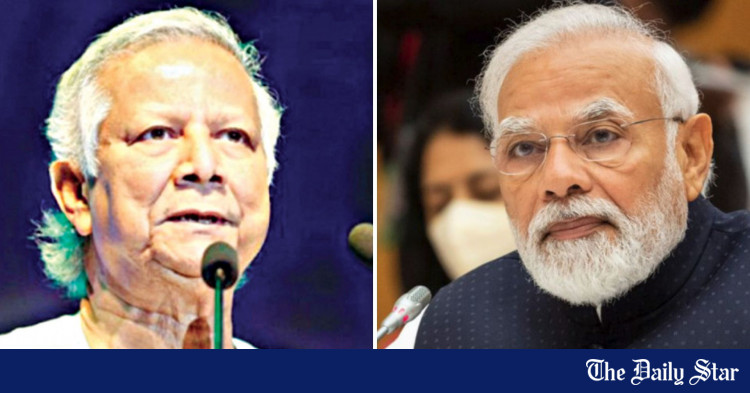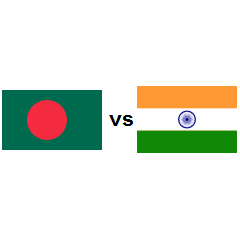India will always be supportive of Bangladesh’s growth: Modi
In his first public comments on the developments in Bangladesh, Indian Prime Minister Narendra Modi today expressed hope that the situation in the country normalises soon.
"India will always be supportive of the growth and development of its eastern neighbours," Modi said.
He also expressed concern over the security of Hindus and other minorities in Bangladesh and hoped their safety would be ensured, reports our New Delhi correspondent.
"India will always be a well-wisher of Bangladesh's progress," Modi added.
The Indian PM made the remarks during his customary address to the nation from the ramparts of the Red Fort in Delhi this morning.
This was the first time Modi commented on the issue of Bangladesh since weeks of street protests in that country led to the ouster of Sheikh Hasina from power on August 5 and fled to India.
"As a neighbouring country, I can understand the concern regarding whatever has happened in Bangladesh. I hope the situation there gets normal at the earliest. The concerns of 140 crore countrymen to ensure the safety of Hindus and minorities there - India always wants our neighbouring countries to walk the path of prosperity and peace," the Indian PM said.
"India always wants our neighbouring countries to march on the path of prosperity and peace," Modi said adding "We are committed to peace ... In the days to come, we will continue to wish well for Bangladesh in its 'Vikas Yatra' (development journey) because we think about the welfare of humankind," he said.
In his first public comments on the developments in Bangladesh, Indian Prime Minister Narendra Modi today expressed hope that the situation in the country normalises soon.
"India will always be supportive of the growth and development of its eastern neighbours," Modi said.
He also expressed concern over the security of Hindus and other minorities in Bangladesh and hoped their safety would be ensured, reports our New Delhi correspondent.
"India will always be a well-wisher of Bangladesh's progress," Modi added.
The Indian PM made the remarks during his customary address to the nation from the ramparts of the Red Fort in Delhi this morning.
This was the first time Modi commented on the issue of Bangladesh since weeks of street protests in that country led to the ouster of Sheikh Hasina from power on August 5 and fled to India.
"As a neighbouring country, I can understand the concern regarding whatever has happened in Bangladesh. I hope the situation there gets normal at the earliest. The concerns of 140 crore countrymen to ensure the safety of Hindus and minorities there - India always wants our neighbouring countries to walk the path of prosperity and peace," the Indian PM said.
"India always wants our neighbouring countries to march on the path of prosperity and peace," Modi said adding "We are committed to peace ... In the days to come, we will continue to wish well for Bangladesh in its 'Vikas Yatra' (development journey) because we think about the welfare of humankind," he said.






























